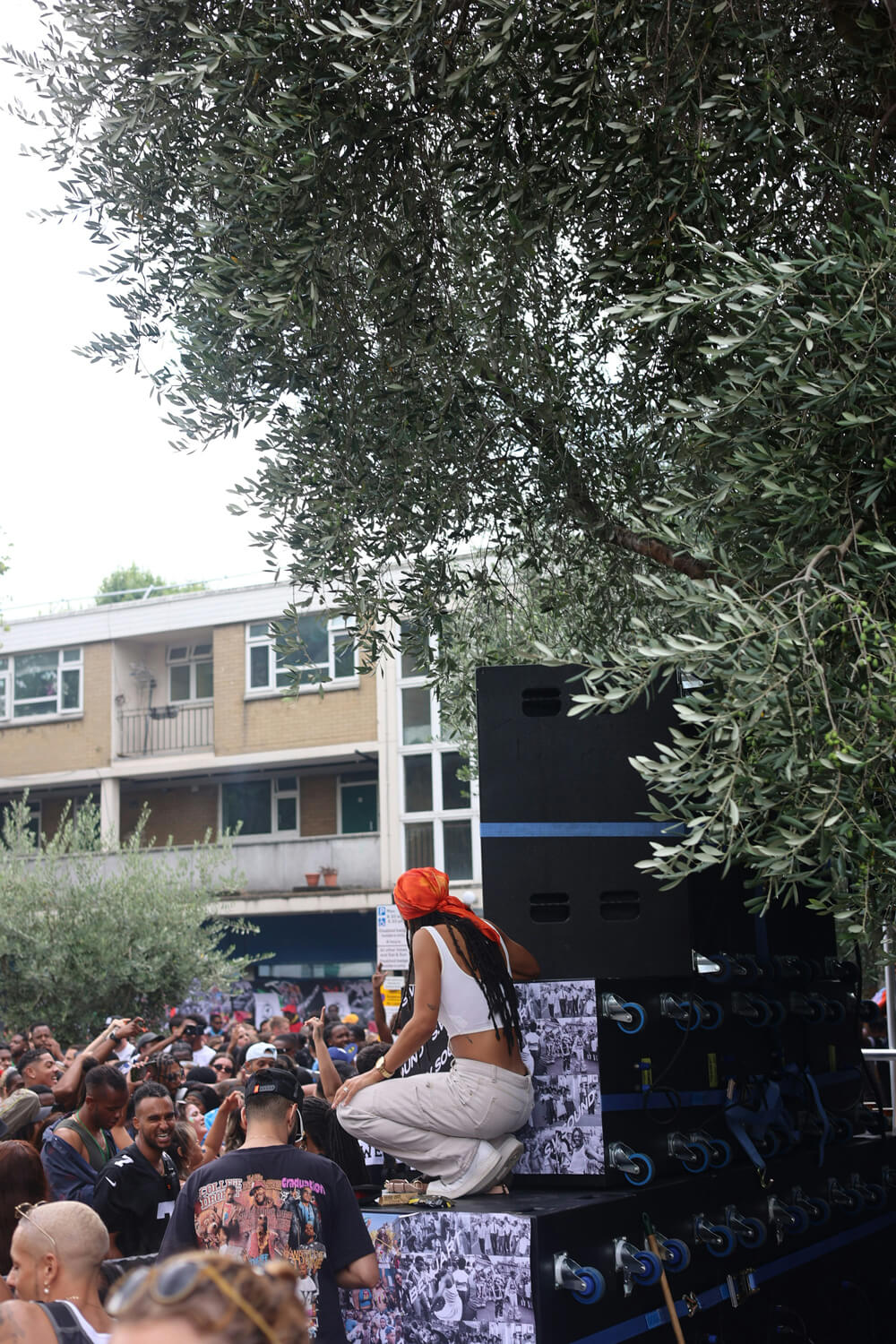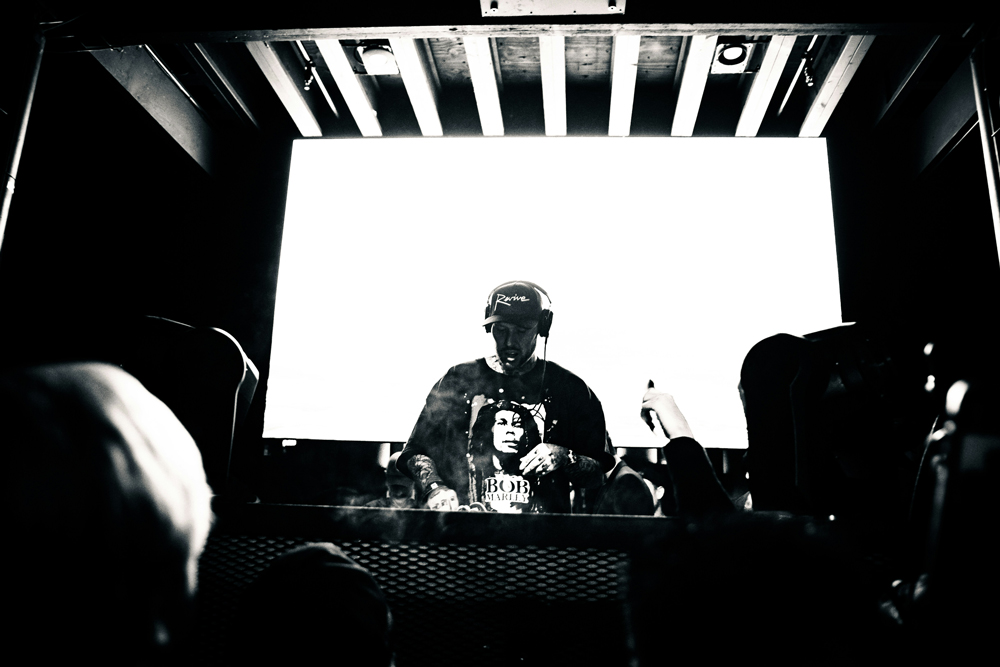
The Phenomenon of Sound Clash Lock-offs: A Deep Dive into Dominance
Following the recent lock-off victory by King Animosity over Innocent Sound, the sound clash scene has been abuzz with discussions about the strategies and performances that led to such a decisive outcome. This event underscores the exhilarating battleground where reggae and dancehall sound systems compete for the crowd’s approval through a mixture of musical selection, verbal dexterity, and sheer charisma. One of the most decisive victories in such clashes is the lock-off, a rare but dramatic outcome where one sound system outperforms its competitors so comprehensively that no further competition is deemed necessary. This phenomenon can occur in two distinct ways: winning all rounds by audience vote or overwhelming crowd support that effectively silences the competition.
The Evolution of Competition and Rivalry
As sound clashes grew in popularity, so did the stakes involved. Promoters began organizing clashes that featured increasingly elaborate formats and rules designed to test the creativity, adaptability, and resourcefulness of competing sound systems. These events not only served as entertainment but also as a proving ground for sound systems to establish their reputation and gain followers. The competition became a critical aspect of dancehall culture, influencing music production, DJ techniques, and even the socio-political commentary within the music.
“The lock-off remains a powerful narrative in the saga of sound clashes, a clear indicator of a sound system’s prowess and the vibrant, participatory nature of this unique musical culture.”
The SCIENCE of a Lock-off
Crowd Pulls the Plug: Originally, the most dramatic and traditional way for a lock-off to occur was when the crowd’s response overwhelmingly favored one sound system to the extent that continuing the clash became pointless. This could happen when one sound system’s performance so electrified the audience that the energy and atmosphere turned definitively one-sided. In such instances, the crowd might chant in favor of ending the clash, or the sheer volume of support would render the opponent’s attempts to play music futile.
Total Round Domination: Over the last decade, however, this method of lock-off has become more prevalent. In the structured format of modern sound clashes, competitions are divided into rounds, each with a specific focus, like the “Juggling Round” for upbeat, danceable tracks or the “Dubplate Round,” where custom recordings from popular artists call out rival sounds by name. A lock-off through round domination occurs when one sound system wins all these rounds through audience votes, showcasing their superior selection, crowd control, and strategic play of dubplates that resonate more powerfully with the audience.
Controversy Surrounding Lock-off Rules
The implementation of lock-off rules in sound clashes has sparked significant debate within the community. Critics argue that such rules can sometimes lead to premature conclusions of clashes, potentially robbing audiences of a full spectacle and competitors of a chance to recover or retaliate. Moreover, the criteria for a lock-off can be subjective and heavily reliant on crowd reactions, which may be influenced by factors like local bias or even the sound system’s existing popularity rather than purely on performance merit.
Adding to the complexity, some sound systems and participants argue that the lock-off rule can feel forced, suggesting that it may not be necessary in the spirit of true competition. They believe that allowing clashes to unfold naturally without the pressure of a potential abrupt end would maintain the integrity and suspense of the event, ensuring that all aspects of a sound system’s capabilities are thoroughly tested over the course of the clash.
On the other hand, supporters of the lock-off rule argue that it adds a level of excitement and finality to clashes, pushing sound systems to perform their best from the start rather than pacing themselves for a longer game. They contend that a decisive lock-off victory serves as a clear and undeniable statement of superiority that can help elevate the winner’s status and influence within the scene.

The Significance of a Lock-off Victory
A lock-off victory in a sound clash is not just a win; it’s a proclamation of dominance and a testament to a sound system’s ability to connect deeply with its audience. These victories:
Establish Reputation – Winning a sound clash by lock-off solidifies a sound system’s reputation, attracting more followers and higher-profile bookings.
Showcase Technical Mastery and Innovation – Such a win highlights a sound system’s technical skills, creativity in music selection, and the strategic use of dubplates that often include clever lyrics tailored to the event.
Boost Morale and Team Spirit – A lock-off victory for the sound system crew is a morale booster that enhances team cohesion and pride, driving them to maintain or even elevate their standards in future clashes.
Influence Music Trends – These victories often set trends in music and dubplate styles within the community, influencing what other sound systems might play or produce.
Command Financial Gains – With increased fame, victorious sound systems can command higher fees and better terms in their performances and endorsements.
Sound Clashes Going Foward
With the evolution of digital music and changes in how audiences consume entertainment, sound clashes have adapted, incorporating more technology and broader musical genres. However, the essence of direct competition and the thrill of potential lock-offs continue to draw crowds. As long as there is a crowd to entertain and competitors ready to test their mettle, the sound clash scene will thrive, preserving its roots while embracing innovation.
The lock-off remains a powerful narrative in the saga of sound clashes, a clear indicator of a sound system’s prowess and the vibrant, participatory nature of this unique musical culture. Whether through dominating all rounds or captivating the crowd to the point of unilateral support, these moments are a fierce reminder of the passion and intensity inherent in sound clash competitions.
Update 8/8/24: We’ve updated the article to include the evolving methods and controversies surrounding sound clash lock-offs, along with debates about the necessity of these rules.
Subscribe to newsletter
You may also like
The Power of a Good Sound System in a Sound Clash: Momentum and History
In the world of sound clash, where musical skill, track selection, and dubplate exclusivity reign su
How to Win Multiple Soundsystem Soundclashes: Strategy, Ideas, and Tips
Winning a sound system Soundclash isn't just about having the best dubplates or the biggest sound. I
A Guide to Sound Clash Terminology: Know the Lingo
Sound clashes are electrifying events where the art of musical competition takes center stage. Steep



